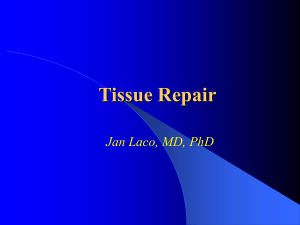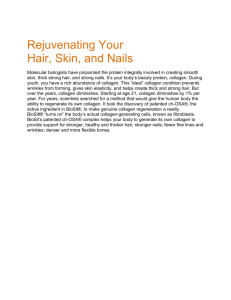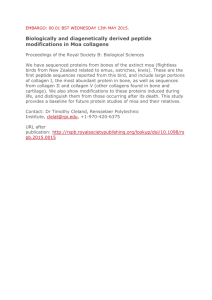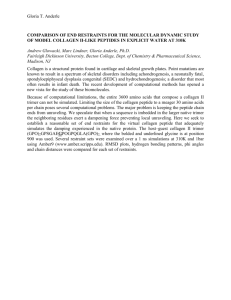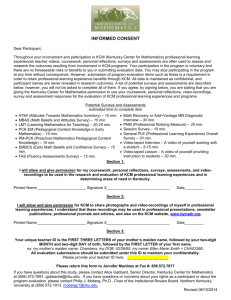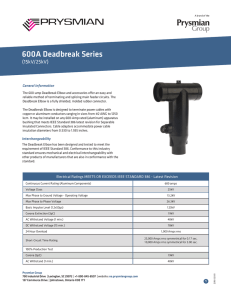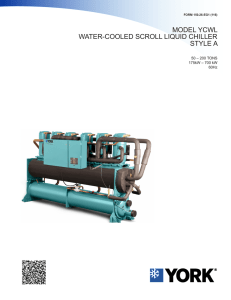(KCM) inhibits collagen type 1 production in fibroblasts.
advertisement
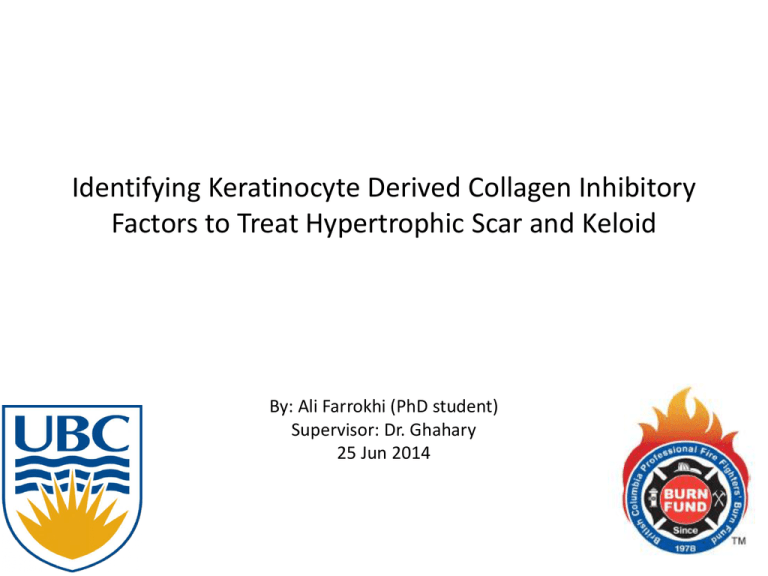
Identifying Keratinocyte Derived Collagen Inhibitory Factors to Treat Hypertrophic Scar and Keloid By: Ali Farrokhi (PhD student) Supervisor: Dr. Ghahary 25 Jun 2014 Introduction - The history of wound healing is, in a sense, the history of humankind. - One of the oldest medical manuscripts known to man is a clay tablet that dates back to 2200 B.C, describes the “three healing gestures”—washing the wounds, making the plasters, and bandaging the wound. wound healing non-healing over-healing Problem: Hypertrophic scar and Keloid Keratinocytes Collagen fibers Wound Epidermis Fibroblasts Dermis Over healing such as post-burn hypertrophic scarring (HSc) and keloid are disfiguring and devastating, resulting in bulky, itchy and inelastic scars that pose serious functional and cosmetic problems for recovering burn patients. Fibrosis: - Cirrhosis (liver), - Endomyocardial fibrosis (heart) - Myelofibrosis (bone marrow) - Crohn's Disease (intestine) - Old myocardial infarction (heart) - Scleroderma/systemic sclerosis (skin, lungs) Hypothesis and Objectives Upon wound epithelialization, keratinocytes release two sets of ECM regulating factors: • The 1st set: stimulate the expression of Matrix Metalo-Proteinase (MMP-1, 3) • The 2nd set: suppresses the expression of key ECM components like type I and III collagen. To test this hypothesis, we propose the following Specific Objectives: Objective 1. Identify and characterize Keratinocyte Derived Collagen Inhibitory Factors (KDCIF) for fibroblasts Objective 2. Reveal the mechanism for inhibition of type 1 collagen production by KD-CIF Overall Procedure - Identifying factors in KCM which are involved in extracellular matrix regulation (ECM) - Finding out the mechanism of ECM regulation by KCM Keratinocytes Conditioned Media (KCM) inhibits collagen type 1 production in fibroblasts. Western blot analysis of intracellular proteins showed the inhibition of Collagen type 1 synthesis in time dependent manner. D0, Cnt 12h 24h 36 h 48h 60h 72h 72 h, Cnt pro-collagen1 B-actin Control Fibroblast KCM treated fibroblasts Collagen Inhibitory Factor (CIF) is released from undifferentiated proliferating keratinocytes. Fibroblasts culture Pro-Coll ACTB Keratinocytes Conditioned Media -2 d Keratinocytes culture Keratinocytes For RT-PCR and Western Blot Involucrin KRT 10 KRT 14 Tbp Involucrin ACTB d0 +d2 +d4 +d6 +d8 Keratinocytes Conditioned Media (KCM) inhibits collagen type 1 production in fibroblasts. Western blot analysis of intracellular proteins showed the inhibition of Collagen type 1 synthesis in time dependent manner. D0, Cnt 12h 24h 36 h 48h 60h 72h D3, Cnt pro-collagen1 B-actin KCM inhibits collagen type 1 expression post-transcriptionally. After treatment of fibroblasts with KCM, cells were harvested at different time points to evaluate Col1a1 (A) and Col1a2 (B) genes expression by qRT-PCR. A B Post- Transcriptional regulation: - Evaluation of Collagen type 1 mRNA Stability Col1a1 Col1a2 - Cytoplasmic Vs Nuclear RNA Col1a1 Col1a2 At least two sets of factors cooperate to inhibit Collagen production KCM KCM KCM retentate > 50 KD >30 KD filterate < 50KD > 30 KD > 9 KD < 9KD Fast protein liquid chromatography F5 pro-collagen1 B-actin Size Exclusion Chromatography Apparatus F7 F9 F11 F13 F15 F17 F17 F21 F23 KCM Future Plan • Find out which step of post-transcriptional regulation is involved in Collagen type 1 regulation by KCM • Which specific factors are in KCM that do Collagen production inhibition Thanks to … - Dr. Ghahry’s Lab - Dr. Duronio’s Lab - Peyman Hojabrpour Thanks for Your Attention Collagen Synthesis Always cleave up your mess; William McKleroy et al. A J Physiology - Lung Cellular and Molecular Physiology. Published 1 June 2013Vol. 304
